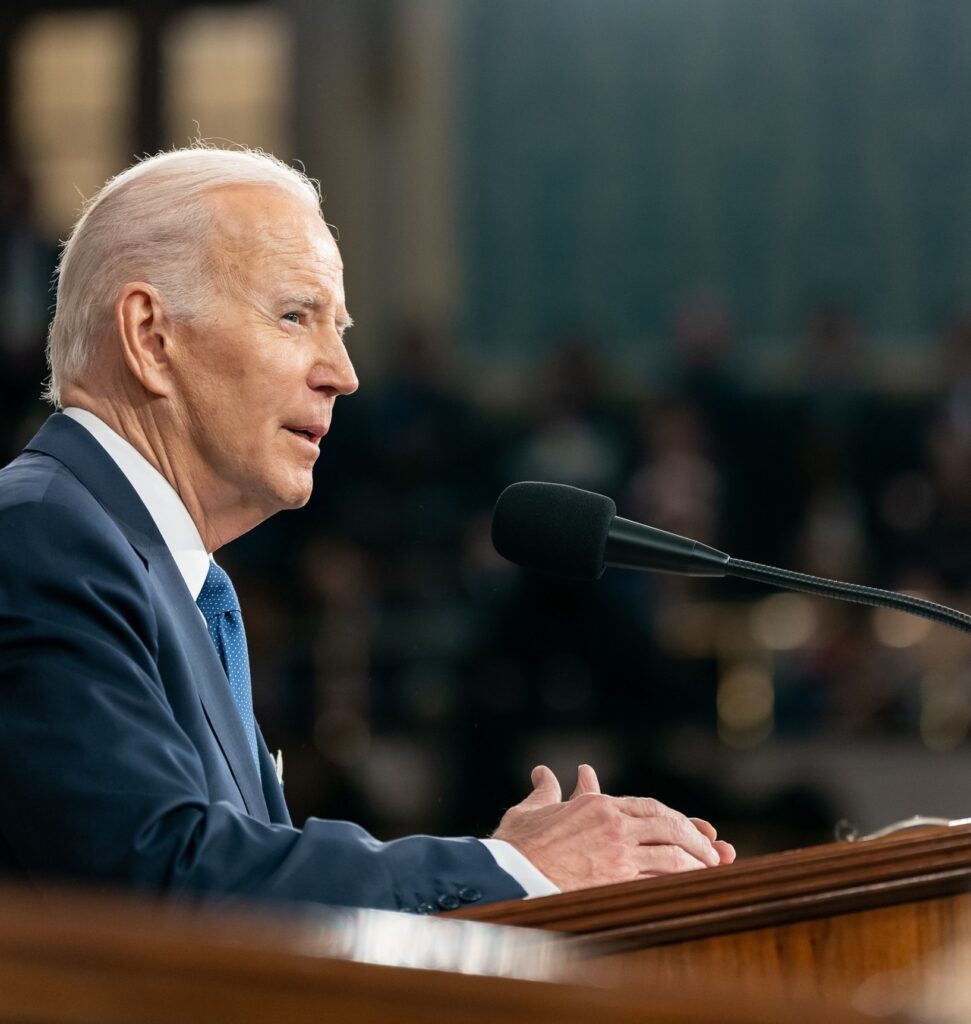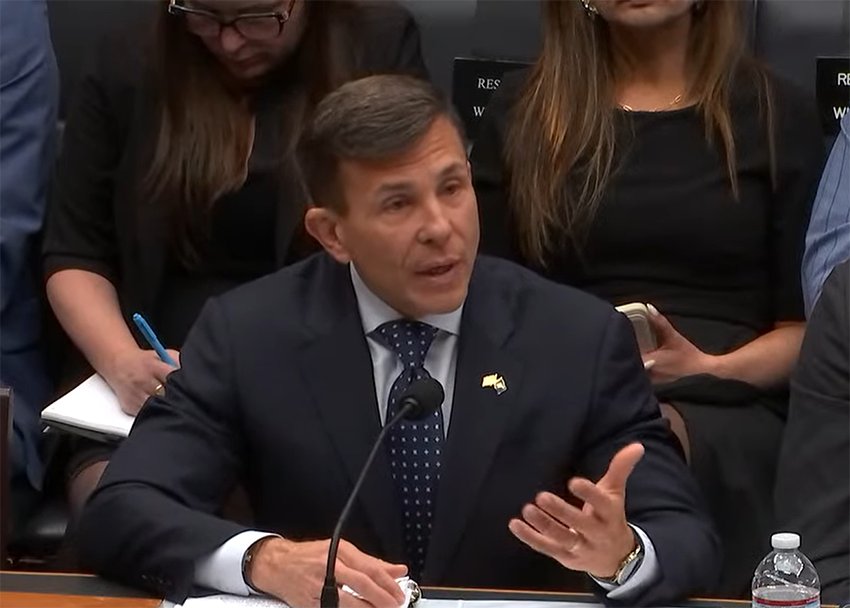President Biden delivered his third State of the Union address last night, March 7. Health care was a prominent theme throughout the night, which piqued our interest as advocates for patients and America’s leading biotech research companies.
In case you missed the president’s remarks, here are a few key takeaways from the 2024 State of the Union that caught our attention.
The good: Capping patients’ out-of-pocket medicine costs.
President Biden applauded recent reforms that limit to $2,000 a year what seniors pay for prescription medicines, as well as new reforms that limit copays for insulin to $35 a month. These changes to the Medicare program are widely supported by policymakers on both sides of the aisle and by biotech researchers, patient advocates, and others. They should serve as the basis for future, bipartisan reforms that can lower costs for patients at the pharmacy.
The bad: Giving middlemen a free pass.
Pharmacy benefit managers (PBMs) work for big insurance companies and ultimately decide what people pay for medicines and what medicines they can – and can’t – have access to. There is growing bipartisan recognition that PBMs are driving up the costs of medicines and putting small, independent pharmacies out of business. Even the White House hosted a “listening session” on PBMs. But based on last night’s remarks, the Biden administration appears unwilling to follow up listening with meaningful action.
The ugly: Ignoring fatal flaws in the government price setting law.
Republicans and Democrats both recognize that the government price-setting policies in the Inflation Reduction Act (IRA) are leading to harmful unintended consequences. The law targets for punitive price controls new medicines that come in pill or tablet form, treatments that often offer the best hope for patients with cancer, neurological conditions, and other diseases. The law also penalizes the development of new treatments for patients with rare diseases. Lawmakers are working across the aisle to fix the pill penalty, improve access to genetically targeted therapies, and protect innovation for people with rare diseases.
The ugly, again: Doubling down on government price controls.
Instead of addressing the problems with the government price-setting law, the president wants to double down and make these policies worse. The president wants to subject more innovative medicines to government price controls and expand their reach to people with private insurance. Expanding a partisan drug pricing scheme would further empower government bureaucrats to politicize decisions about access to medicines and what treatments are worth, as well as undermine future biotech innovation.
A missed opportunity
The president’s remarks last night were a missed opportunity to build upon smart changes that can help lower the cost of medicines and protect the research and development of new treatments.
Fortunately, with bipartisan consensus growing on Capitol Hill around the need to address concerns with government price setting and tackle the real drivers of high patient out-of-pocket costs for drugs prescribed by their doctors, we remain hopeful Congress will pass reforms that serve the best interests of America’s biotech researchers and patients.




